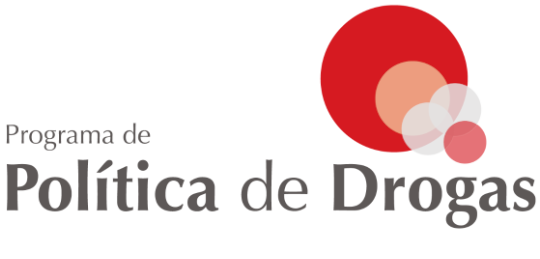Implementing Mexico’s “Narcomenudeo” Drug Law Reform: A Mixed Methods Assessment of Early Experiences Among People Who Inject Drugs
Abstract
In 2009, Mexico decriminalized small-scale drug possession, instituting drug treatment diversion in lieu of incarceration. To assess initial reform impact, our mixed methods study integrated a structured questionnaire with in-depth interviews assessing legal knowledge, police encounters, and risk behaviors among people who inject drugs (PWID) in Tijuana. Between 2010 and 2013, we recruited 737 adults; 32 participated in qualitative interviews. Only 11% reported being aware of the reform; virtually none experienced its operational components. Narratives underscored the law’s irrelevance to PWID; 699 (98%) saw police practice as generally inconsistent with formal law. Instead of treatment diversion, police encounters were associated with risk behaviors, including syringe sharing (odds ratio [OR] = 1.26; 95% confidence interval [CI] = 1.09-1.46) and polydrug use (OR = 2.11; 95% CI = 1.38-3.22). As drug policy reforms gain global momentum, ancillary structural interventions are needed to improve their public health benefit.
Descarga el archivo aquí
Enlace directo aquí
Más Vistos
- La metanfetamina y el CJNG. Análisis de una reconfiguración del mercado de...
- The “War on Drugs” in Mexico: (Official) Database of Events between December...
- Deadly force and denial: the military's legacy in Mexico's ‘war on drugs’
- Age-specific rates of onset of cannabis use in Mexico
- Fragmentation and cooperation: the evolution of organized crime in Mexico
Más Recientes
- The Connection Between Drug-Related Detentions and Drug-Related Violence:...
- “Resulta aberrante su actuar”: Mujeres acusadas de delincuencia organizada
- Where there is smoke, there is fire? Making sense of the past failure and future...
- Civil Society Organizations and Harm Reduction Policy: The Mexican Case
- How frequent and visible criminal violence affects housing prices: evidence from...

